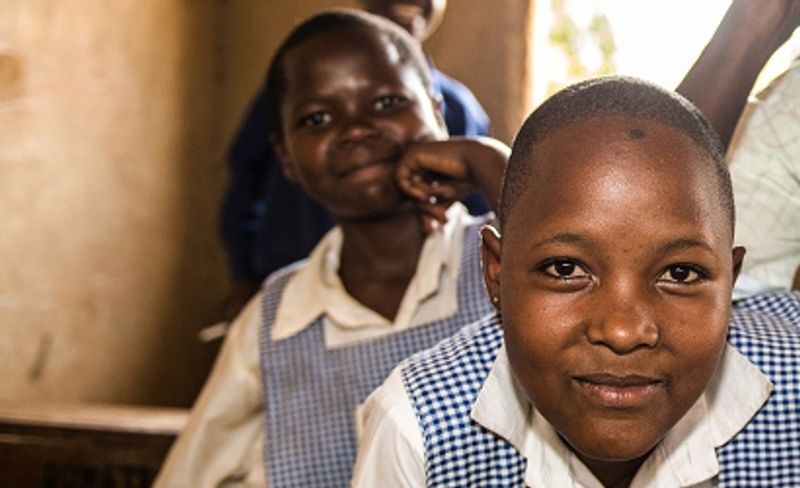

Teachers and parents have been advised to desist from the practice of impossing corporal punishments on children since this is not an effective way of discipling children.
Child rights activists from Raising Voices say that it has been proven through research that corporal punishment does not stop the errant behaviours among children but rather causes pain and it can even worsen children’s morals.
Uganda government is one the governments across the world that committed to ending violence against children by 2030, but corporal punishment continues to harm vast numbers of children worldwide.
As Uganda commemorates the international Day to end Corporal punishment today 30th April, Mariam Nakiyingi a senior resource person with Raising who is also a professional teacher says that corporal punishments only offer temporal solutions to the errant behaviours among children.
Nakiyingi explains that hibernation of the misbehaviour is always related to corporal punishments, since normally corporal punishments scare away children,
“Corporal punishments make a child afraid and of course they always terminate the misbehaviour right away but it does not stop , in other words when the threat is way, this misbehaviour will always find its display at the forefront , but with positive discipline, we are looking at total termination , whether the threat is there or not,” Nakiyingi said.
Nakiyingi instead suggests that teachers and parents should have reasonable talks with the children who misbehave and apply alternative discipline measures.
Child rights activists advise that parents and teachers should adopt positive discipline, which is a non-violent way of discipling children that develops positive values from within, to be their best due to feelings of self worth rather than fear or shame.
Nakiyingi told The Sunrise Newspaper that positive discipline requires teaching children life skills to make better choices, adding that it requires using fair and non-violent responses.
She testifies that these alternatives are practical, adding that she has tried them for a number of years, and they are producing results.
“For example if you think about alternatives that allow a learner to reflect on what the diss was wrong , alternatives like verbal warning, letter writing , time out of class as these are being done a to a child, this child will think and automatically draw a concluding that what they did was really wrong,” Nakiyingi said.













Solomon Lubambula
Leave a Comment
Your email address will not be published.